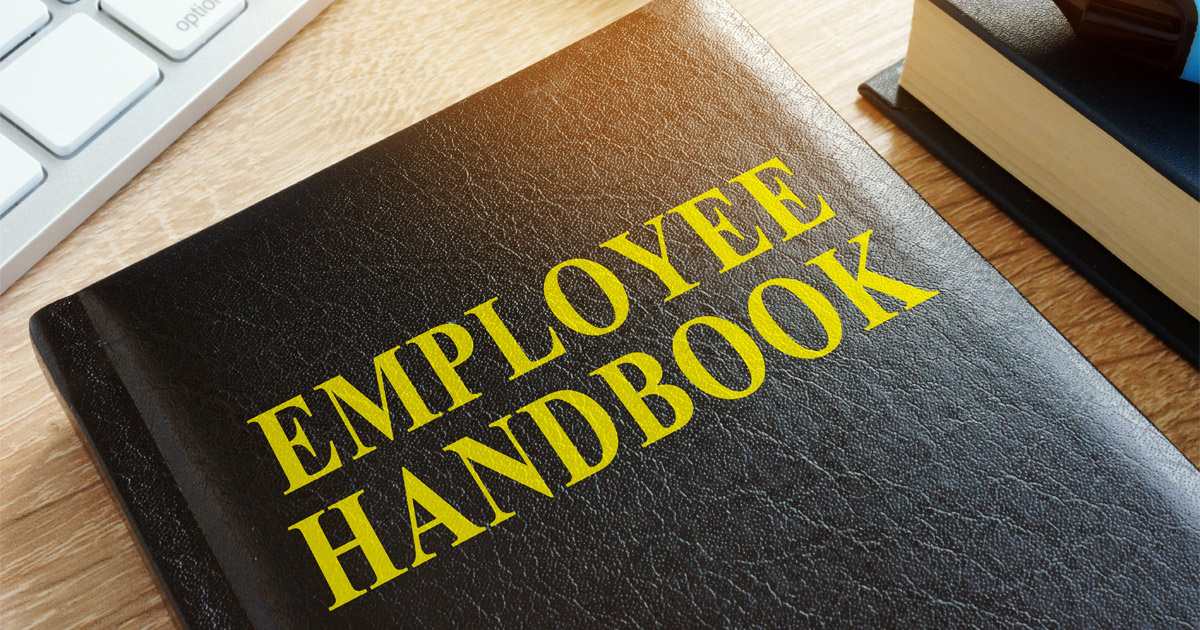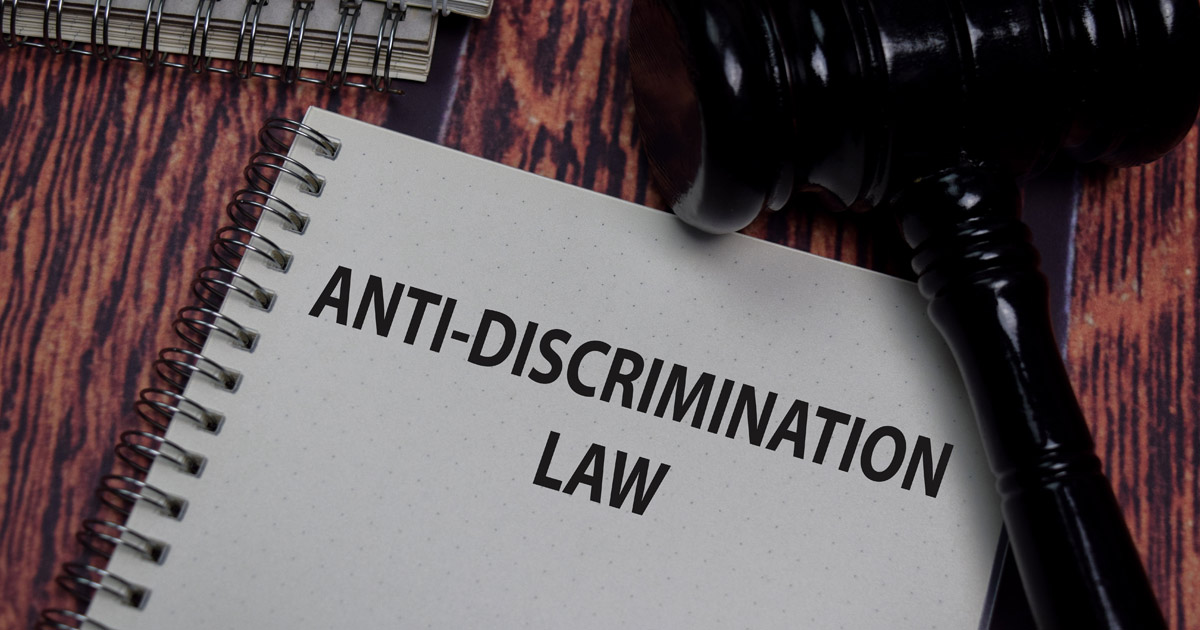What Are Effective Strategies for Resolving Employment Disputes?

Conflict in the workplace happens. Whether it is between co-workers, managers, or customers, disputes arise and need to be addressed quickly and efficiently. Unresolved conflict can lead to a disengaged and unhappy workforce, which can be detrimental to your business. It is important to have strategies in place for resolving employment disputes when they occur. Here are some tips on how you can approach resolving conflicts in a productive way.
Clarify the Source of Conflict
The first step is understanding why the dispute has occurred in the first place. It could be due to differences in opinions about something, or a misunderstanding of expectations between parties. It could even be due to a disagreement about resources or who gets credit for tasks completed. Taking time to gain clarity on where the issue lies is essential before moving forward with any resolution plan.
Find a Safe Space To Talk
Once you have established what sparked the conflict, it is important that everyone involved feels safe enough to voice their feelings and opinions without fear of judgment or retribution from anyone else involved. This could mean having an open discussion about the situation or bringing in a third-party mediator who can ensure that everyone has a chance to speak openly without interruption from anyone else involved in the dispute.
Listen and Let Everyone Have Their Say
Listening is key when it comes to resolving conflicts at work; it shows respect for everyone involved and helps build trust between the parties. This means actively listening and paying attention to what everyone is saying so that you can understand each side of the story before coming up with a solution.
Investigate
In some cases, like if harassment is involved, an investigation may need to take place before any resolution can be reached. If someone says that they have been treated unfairly, it might need to be investigated. This means asking questions and looking for the truth about what happened. It is important to be impartial and open-minded during this process so everyone has the chance to present their case. Make sure you document your investigation, as it could be needed if a legal issue arises.
Agree On an Outcome
After all sides have had their say, it is important that an outcome is reached or an agreement is made between those involved so there are no lingering issues. If no consensus or agreement can be made, then make sure that you make the best decision for your business moving forward; this will help maintain productivity and keep morale high. If there is a legal matter like discrimination involved, it is advisable to discuss the outcome with a legal advisor.
Evaluate and Prepare
An employer can evaluate an employment conflict outcome by assessing the root cause of the dispute, identifying patterns or trends that may have led to the conflict, and investigating potential workplace policies or legal issues that may have been involved. Additionally, they can look back at communication between all parties involved, review feedback received from employees regarding their experience with the situation, and take necessary steps to create a positive work environment. This could include introducing stronger HR protocols, providing additional training or coaching resources for both management and employees, and creating open channels of communication.
Philadelphia Business Lawyers at Sidkoff, Pincus & Green P.C. Can Help You Resolve Your Business Disputes
Despite taking precautions, you may still find yourself with an employment dispute. This is not something you should ignore. Speak with one of our Philadelphia business lawyers at Sidkoff, Pincus & Green P.C today. Contact us at 215-574-0600 or complete our online form to schedule an initial consultation. Located in Philadelphia, we serve clients in New Jersey and Pennsylvania.
























